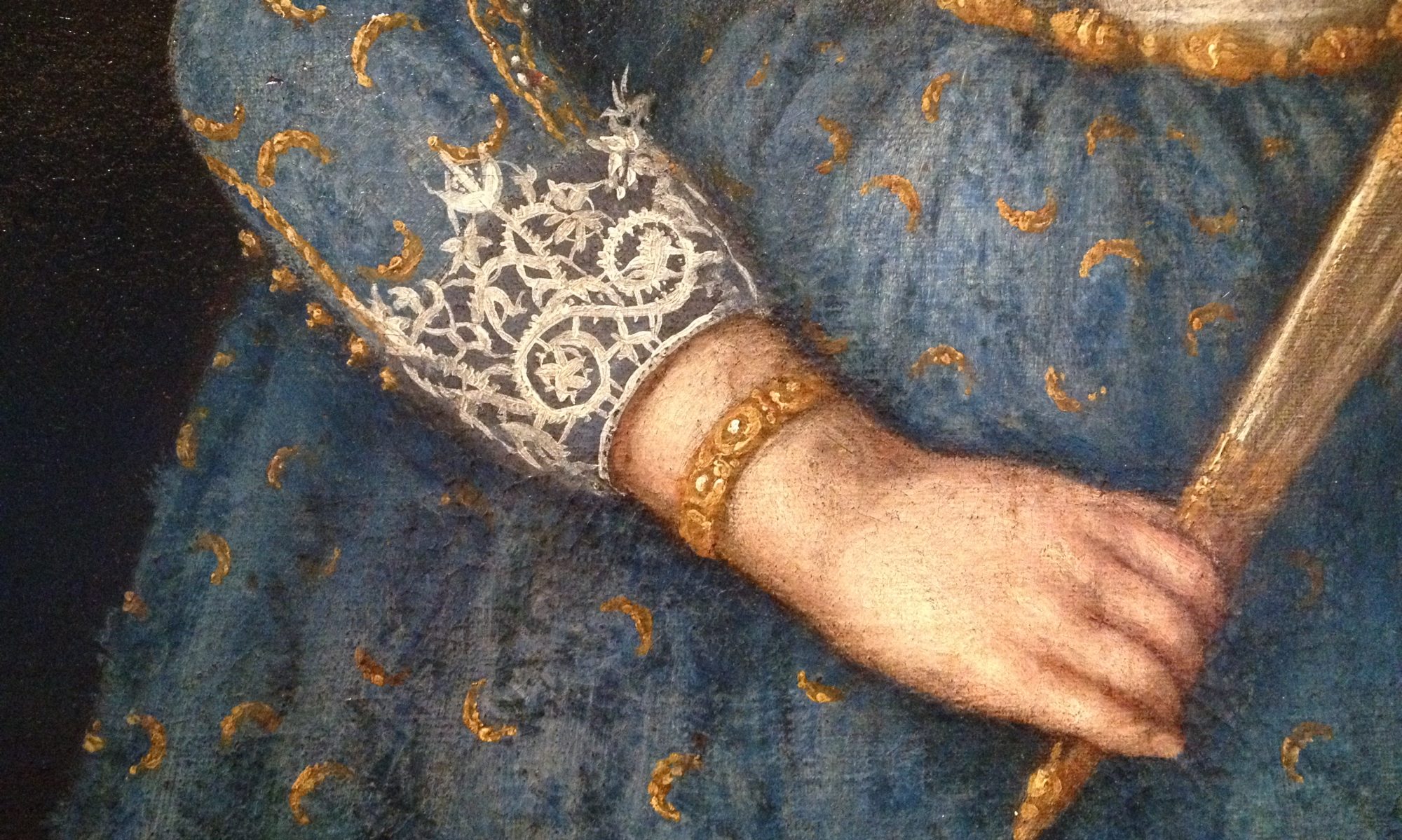Susie Maguire sent me the following piece about the incomprehensible decision taken by the BBC to cut the number of Short Story slots on Radio 4 from 3 to 1 per week, with effect from next year. She asked for it to be circulated, so I am doing just that because I feel this is another underhand swipe at the creative arts. For listeners, the variety of Short Stories available on Radio 4 is (or was) a unique feature, and one that the BBC could be justifiably proud of since it provides a very tangible form of support for creative writing across UK and beyond. In making these cuts the BBC would appear to be suffering from a lamentable lack of foresight. This can hardly be a major economic saving: 3 short story slots just don’t have that sort of budget (see below for fees), yet the return in what you could term “listener appreciation” value must be considerable, with high (and probably rising) audience figures.
Bad News for the Short Story
The BBC has just announced it is reducing the number of Short Story slots on Radio 4 from the already reduced figure of 3 – (it used to be 5) – to ONE per week, from next year.
That means the opportunities for writers of new short fiction on our National Broadcasting service could all but vanish.
The press release adds that there will be ‘readings on R4 Extra’ – but not whether these will be new, commissioned pieces, or if they’ll be repeats of stories previously broadcast (i.e. archive material, as when it was BBC Radio 7), or just odd stories chosen from existing collections by well known authors.
It’s an astonishingly self-contradictory move by the BBC, which gets such high praise for its sponsorship of the annual BBC National Short Story Award (the winner gets £15,000) http://www.theshortstory.org.uk/
Does the BBC’s action reflect the publishing industry’s lack of enthusiasm for the story form?
Does it mean original writing is no longer prized in that format?
Have listener figures suddenly dropped?
What is the reason given for the decision?*
This concerns me because I have made a partial, scruffy sort of living from writing for radio; from BBC Scotland’s excellent Storyline strand in the 1990s, to Radio 4, 27 stories have been recorded, one of them – The Day I Met Sean Connery – receiving the ‘reading of the year’ accolade, and a blush-inducing set of fan mail.
I’ve been able to propose and write some experimental ideas, including two sets of themed trilogies, ‘I Got The Dog’ (Tx Aug 2010, readers Rebecca Front, John McGlynn, Vicki Pepperdine) and the forthcoming Portrait – a triptych (Tx 9th, 10th, 11th August 2011, readers Burn Gorman, Federay Holmes, Bill Paterson – both trilogies produced by Sara Davies/Sarah Langan in Bristol).
But it’s not about me. This is part of a wider issue with how the short story is valued, by readers and by purveyors of fiction in general.
– The short story on Radio is an opportunity to create great moments of drama and intimacy for the reader, by the use of the single voice. It is the essence of storytelling, a voice in the dark prompting you to create scenes in your mind’s eye.
– Of all the fiction or drama produced by the BBC, it is probably the most economical to make.
– The 3.30 Afternoon Reading slot has many thousands of loyal listeners; the BBC doesn’t publicise precise numbers, but an Executive Producer estimated it last year at around 202,000 listeners per broadcast (and that doesn’t include those who catch up via ‘Listen Again’).
– The BBC has played an important role in championing short story writing & writers, and it has been of particular value when other forms of publication for that singular skill have fallen away. Very few book publishers in the UK will put their weight behind the short story, and while ‘flash fiction’ is beloved by many and flourishes online or via apps, outlets in print for anything under novella length suffers from lack of support, both financially and practically, when collections languish in remote corners of chain-bookseller’s shelving.
It would be a shame if this BBC legacy of fostering the art of storytelling, which it has done so well for so long, were to be discontinued merely for another 15 minutes of ‘factual programmes’*.
It may be too late to do anything to alter this decision, but I feel strongly enough about it that I wanted to make you and others aware of it.
Susie
Twitter: @wrathofgod
…………………………….

Shorts stories are such fun, but who reads all the submissions? Maybe that is where the problem lies – there must be so many. Maybe they could or indeed do use a filter which is set to pick out different themes each week in an arbitrary way, and thus make the selection process manageable!